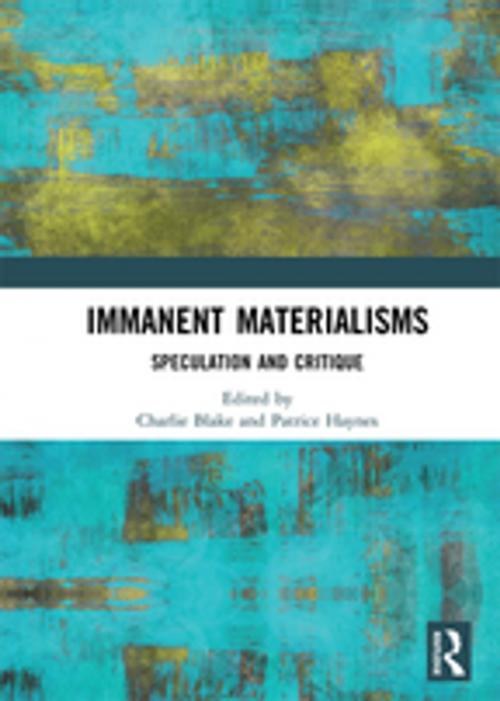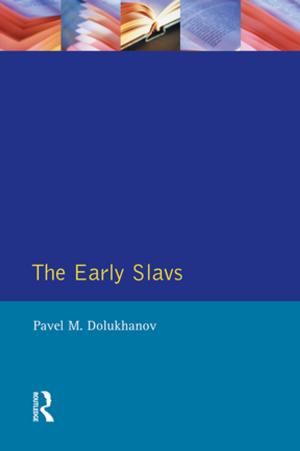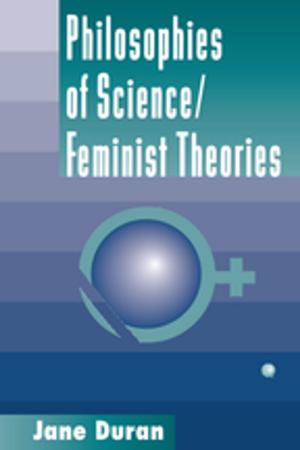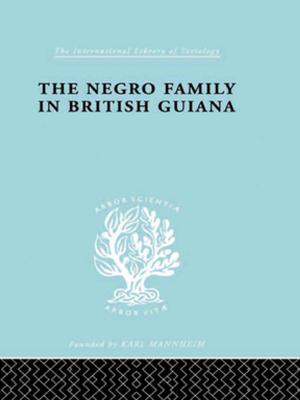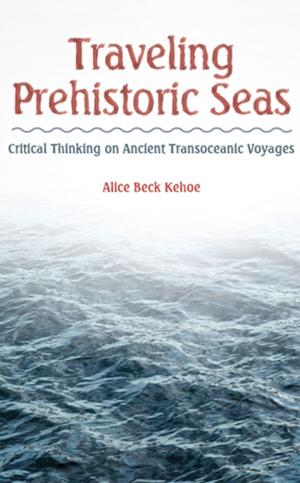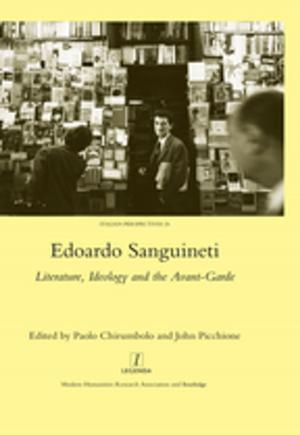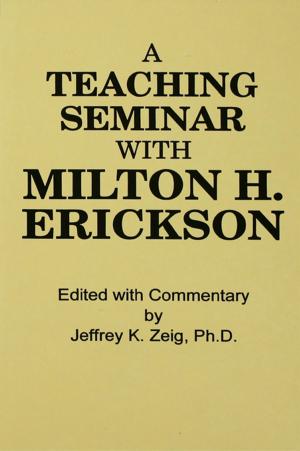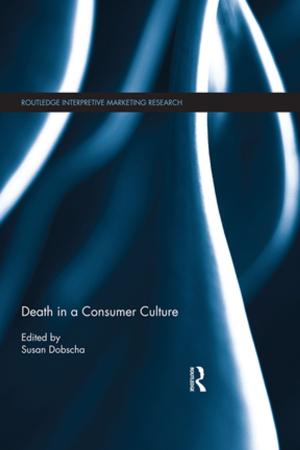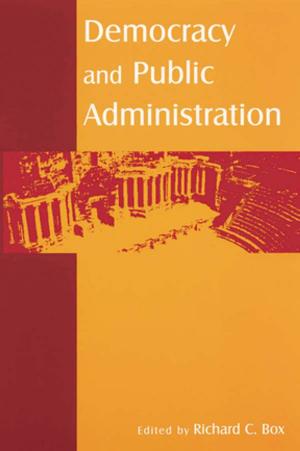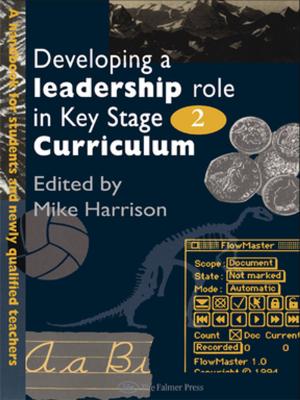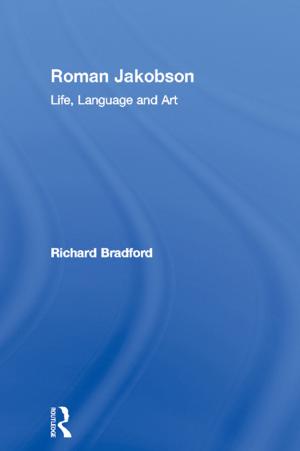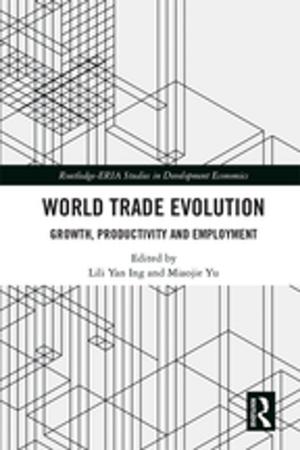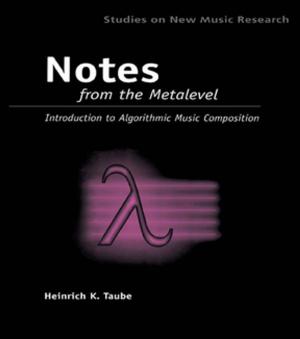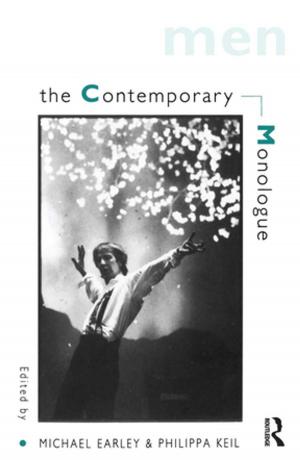| Author: | ISBN: | 9781351400961 | |
| Publisher: | Taylor and Francis | Publication: | October 8, 2018 |
| Imprint: | Routledge | Language: | English |
| Author: | |
| ISBN: | 9781351400961 |
| Publisher: | Taylor and Francis |
| Publication: | October 8, 2018 |
| Imprint: | Routledge |
| Language: | English |
Must a philosophy of life be materialist, and if so, must it also be a philosophy of immanence? In the last twenty years or so there has been a growing trend in continental thought and philosophy and critical theory that has seen a return to the category of immanence. Through consideration of the work of thinkers such as Giorgio Agamben, Catherine Malabou, Francois Laruelle, Gilles Deleuze and others, this collection aims to examine the interplay between the concepts of immanence, materialism and life, particularly as this interplay can highlight new directions for political inquiry. Furthermore, critical reflection on this constellation of concepts could also be instructive for continental philosophy of religion, in which ideas about the divine, embodiment, sexual difference, desire, creation and incarnation are refigured in provocative new ways. The way of immanence, however, is not without its dangers. Indeed, it may be that with its affirmation something of importance is lost to material life. Could it be that the integrity of material things requires a transcendent origin? Precisely what are the metaphysical, political and theological consequences of pursuing a philosophy of immanence in relation to a philosophy of life? This book was originally published as a special issue of Angelaki: Journal of the Theoretical Humanities.
Must a philosophy of life be materialist, and if so, must it also be a philosophy of immanence? In the last twenty years or so there has been a growing trend in continental thought and philosophy and critical theory that has seen a return to the category of immanence. Through consideration of the work of thinkers such as Giorgio Agamben, Catherine Malabou, Francois Laruelle, Gilles Deleuze and others, this collection aims to examine the interplay between the concepts of immanence, materialism and life, particularly as this interplay can highlight new directions for political inquiry. Furthermore, critical reflection on this constellation of concepts could also be instructive for continental philosophy of religion, in which ideas about the divine, embodiment, sexual difference, desire, creation and incarnation are refigured in provocative new ways. The way of immanence, however, is not without its dangers. Indeed, it may be that with its affirmation something of importance is lost to material life. Could it be that the integrity of material things requires a transcendent origin? Precisely what are the metaphysical, political and theological consequences of pursuing a philosophy of immanence in relation to a philosophy of life? This book was originally published as a special issue of Angelaki: Journal of the Theoretical Humanities.
